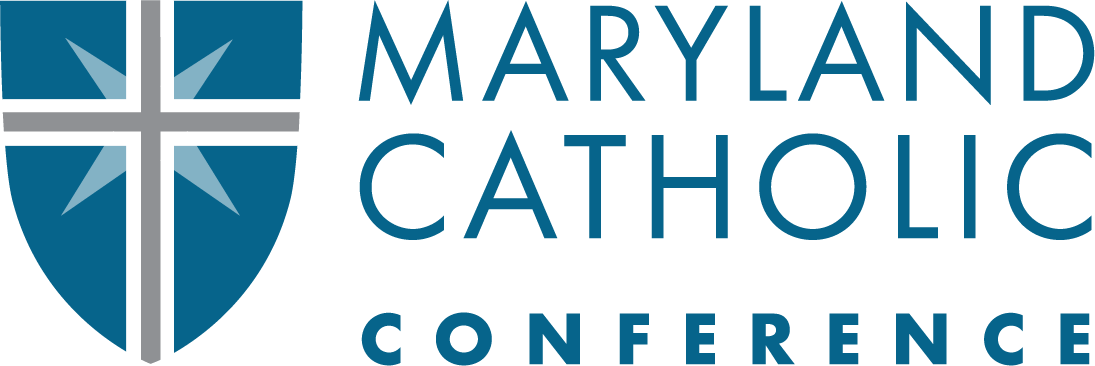Favorable with Amendment
Committee: House & Government Operations
HB0152
The Maryland Catholic Conference offers testimony in support with an amendment regarding House Bill 152. The Catholic Conference is the public policy representative of the three (arch)dioceses serving Maryland, which together encompass over one million Marylanders. Statewide, their parishes, schools, hospitals and numerous charities combine to form our state’s second largest social service provider network, behind only our state government.
HB 152 requires the Department of the Environment, in consultation with other State departments, to study the public health and environmental impacts of various funeral and deathcare practices in Maryland.
This is a bill that was introduced in the House last year (HB 869). Most of the favorable testimony submitted for this bill last year promoted the idea that environmentally friendly funeral and deathcare practices should be valued and/or prioritized above all else.
While it is important to acknowledge the growing importance of addressing environmental concerns in these practices it is essential to recognize and respect the various religious views and practices that individuals hold regarding funeral and deathcare practices. Therefore, it is imperative that such study reflect discussion and consideration of these practices, particularly considering the great diversity in religious traditions reflected in Maryland’s population.
Different cultures and faiths have unique beliefs and traditions associated with death and the afterlife. By acknowledging, accommodating and respecting these diverse perspectives we contribute to a society that values the rich tapestry of the human experience and allows for the freedom of individuals to practice their faith.
The Conference recognizes that environmental considerations have become increasingly critical in discussion around these practices. Traditional burial methods often involve the use of non-biodegradable materials and large plots of land. Cremation, while more space efficient, can raise concerns about air pollution and energy consumption. In response to these concerns, there is a growing interest in eco-friendly burial options, such as natural or green burials (this is not the same practice as natural organic reduction or human composting) where the body is returned to the earth in a way that minimizes environmental impacts.
It is crucial that we find a balance between supporting diverse religious views and addressing environmental concerns. This will require open dialogue and collaboration between religious communities, environmental advocates, and policymakers.
Ultimately, the need to support diverse religious views and practices regarding funeral and deathcare practices, alongside environmental considerations, underscores the importance of recognizing the multidimensional nature of this topic. It is our hope that the study this bill mandates will consider the need to address religious principles and beliefs while still exploring innovative and eco-friendly approaches that will help to minimize our ecological footprint.
PROPOSED AMENDMENT:
Page 2, Line 5, insert after (d): “the Department of the Environment shall include in the study a report on the basic tenets of burial beliefs and practices among the major religious groups represented in Maryland. (e) On or before October 1, 2025, the Department of the Environment shall report its findings and recommendations to the Governor and, in accordance with § 2-1257 of the State Government Article, the General Assembly.”
The Conference appreciates your consideration and, for these reasons, respectfully requests a favorable report with amendments on House Bill 152.
